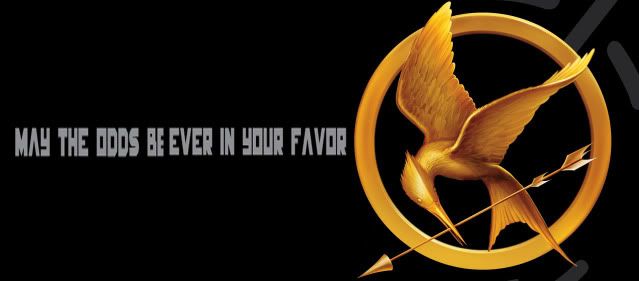Pre-Lesson Assignment
-Read the book.
-Read Feed by M.T.
Anderson
-Lead a discussion on the differences in how the use of
technology and entertainment effects the protagonists in both novels.
Lesson Template
Lesson Title:
Our Own Hunger Games: Reality TV in Our Homes
Subject:
|
|
Essential
Academic Learning Requirements-(EALRs) (put number and write out):
-EALR 2: The student understands the
meaning of what
is read. (Comprehension)
-EALR 3: The student reads different
materials for a variety
of purposes. (Types of text: literary
and informational)
|
|
Purpose (goal of lesson):
Reality TV has been a
part of the entertainment world since the early days of television (Candid Camera and the Miss America Pageant) but in the 21st
century there has been a tremendous growth of competitive shows and survival
shows (Scholastic). My purpose is to discuss this phenomenon with
respect to The Hunger Games.
|
|
Behavioral
Objective (what you want students to
accomplish):
-Students
should be able to understand the aspects of how our popular culture is
reflected in the book.
-Students
should be able to argue for or against the claim above.
|
|
Time (total time) – (make sure to include
time for each activity):
-1 hr. max.
|
|
Materials
Needed:
-A notebook
-Pencil/Pen
-An
recorded episode of Fear Factor.
|
|
Timing |
Anticipatory Set (spark class interest?):
-As a class, have
students generate a list of Reality TV shows they watch or know of.
-Ask questions:
-What is entertaining about
these shows?
-Why and how does it appeal
to audiences?
|
5-10min.
|
|
Timing for each
activity
|
Instructional
Content
-Watch an
episode of the reality TV show and have students record their “gut-hits” (what
are their first emotional reactions while watching the episode).
-Have
students break up into groups and have them answer these questions:
-Share your “gut-hits”
with members of your group.
-Do you consider this show
cruel show and why?
-What do you think studios
consider to be the entertainment
value of this show?
- Can you see
parallels between this show and the Games?
-Have groups
get together as a class and share their findings with other students and
teacher.
|
25-30min.
15
min.
15min.
|
|
5min.
|
Closure (end of lesson):
-Hand out essay prompt and go
over assignment with the class.
|
Assessment (how will you evaluate? know if
students reached the objectives?:
-Watch
a reality TV show on your own time at home and answer the following questions
individually in your essay. What do you think studios consider to be the
entertainment value of this show? Can you see parallels between this show and
the Games? Use textual evidence to support your claim/opinion.
|
|
Multiple
Intelligences Used in Lesson:
Howard
Gardner viewed intelligence as 'the capacity to solve problems or to fashion
products that are valued in one or more cultural setting' (Gardner &
Hatch, 1989). He reviewed the literature using eight criteria or 'signs' of
an intelligence.
-Linguistic
intelligence involves
sensitivity to spoken and written language, the ability to learn languages,
and the capacity to use language to accomplish certain goals. This
intelligence includes the ability to effectively use language to express
oneself rhetorically or poetically; and language as a means to remember
information. Writers, poets, lawyers and speakers are among those that Howard
Gardner sees as having high linguistic intelligence.
-Bodily-kinesthetic
intelligence entails the
potential of using one's whole body or parts of the body to solve problems.
It is the ability to use mental abilities to coordinate bodily movements.
Howard Gardner sees mental and physical activity as related.
-Interpersonal
intelligence is concerned with the capacity to
understand the intentions, motivations and desires of other people. It allows
people to work effectively with others. Educators, salespeople, religious and
political leaders and counsellors all need a well-developed interpersonal
intelligence.
-Intrapersonal
intelligence entails the capacity to understand
oneself, to appreciate one's feelings, fears and motivations. In Howard
Gardner's view it involves having an effective working model of ourselves,
and to be able to use such information to regulate our lives.
|
|
